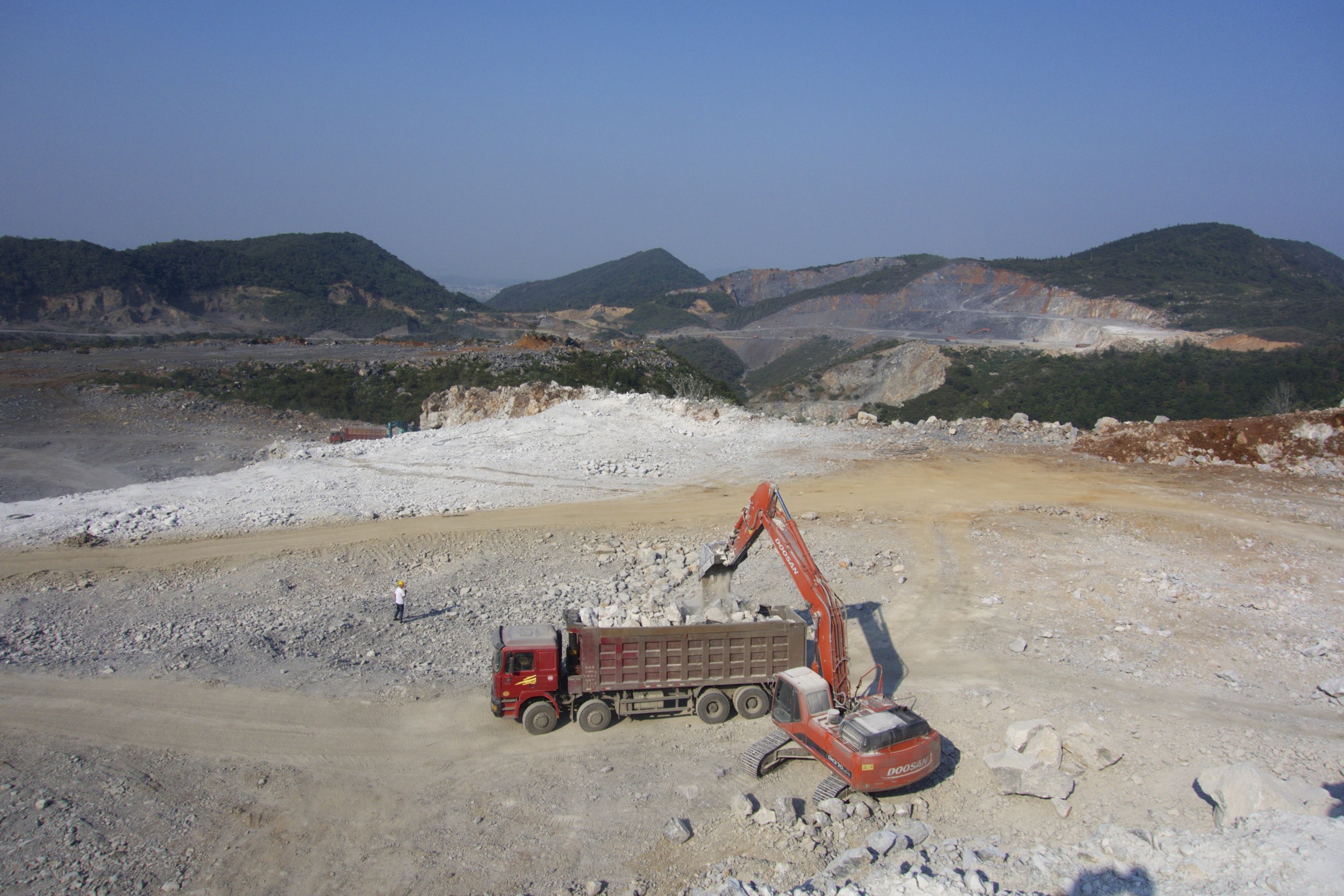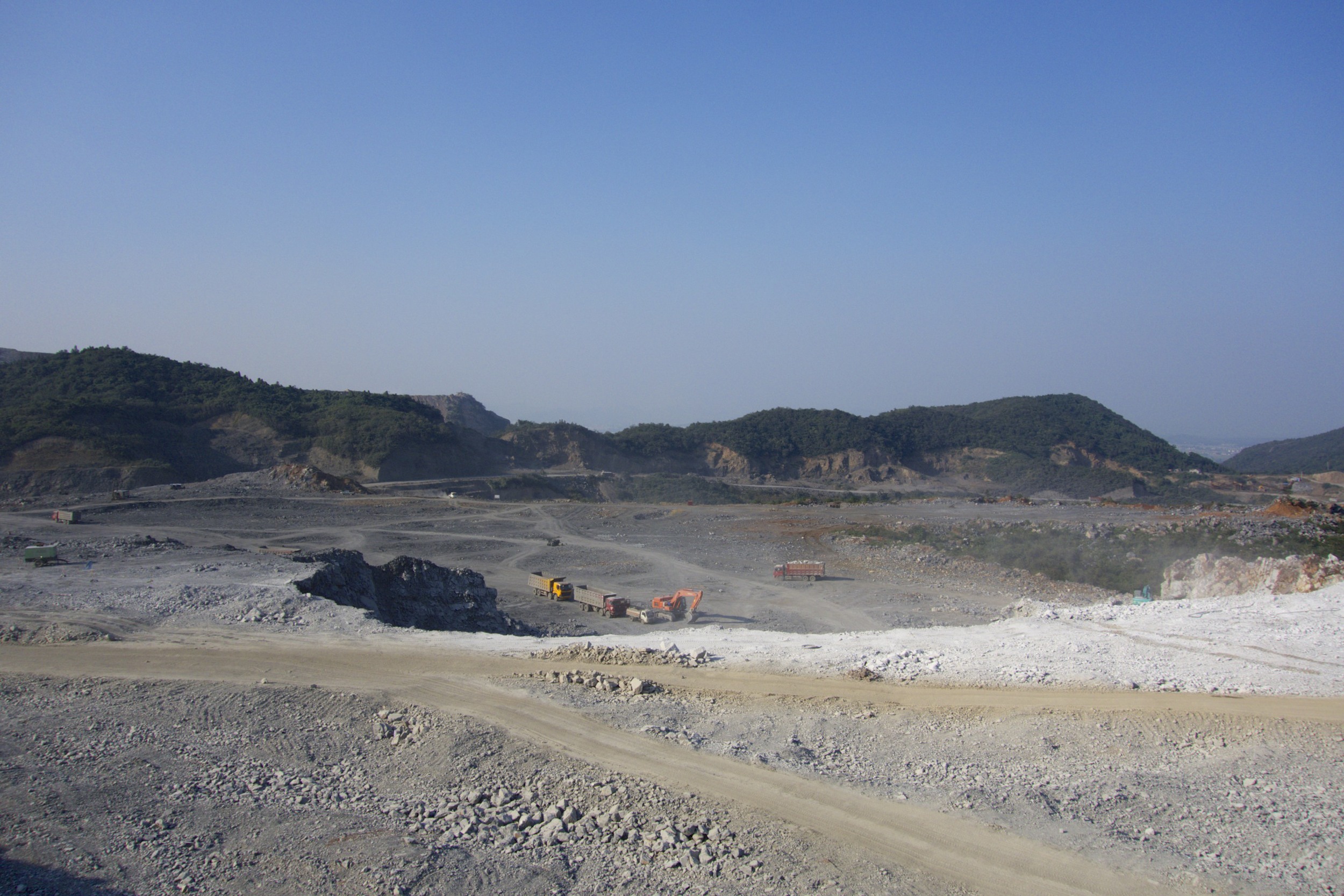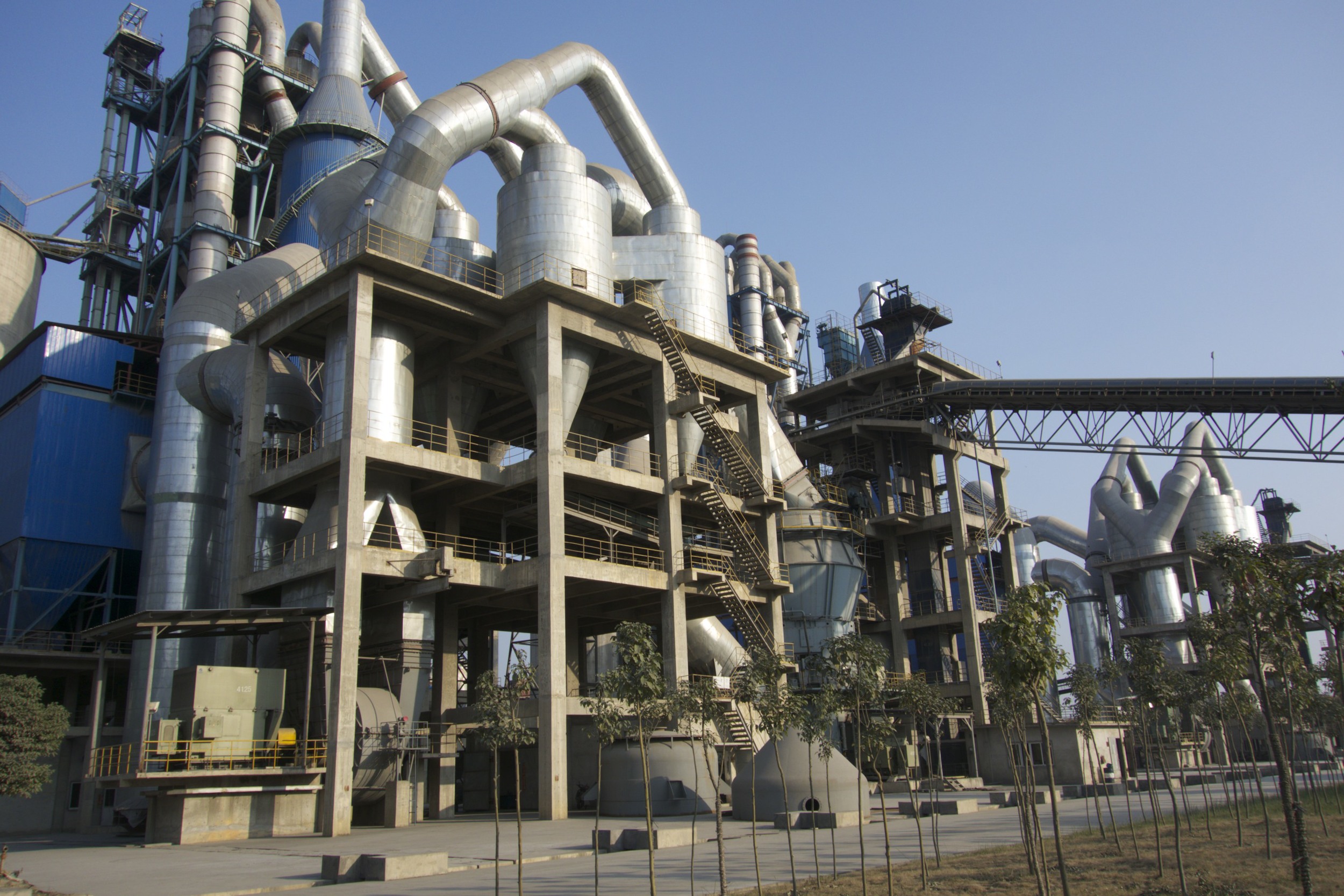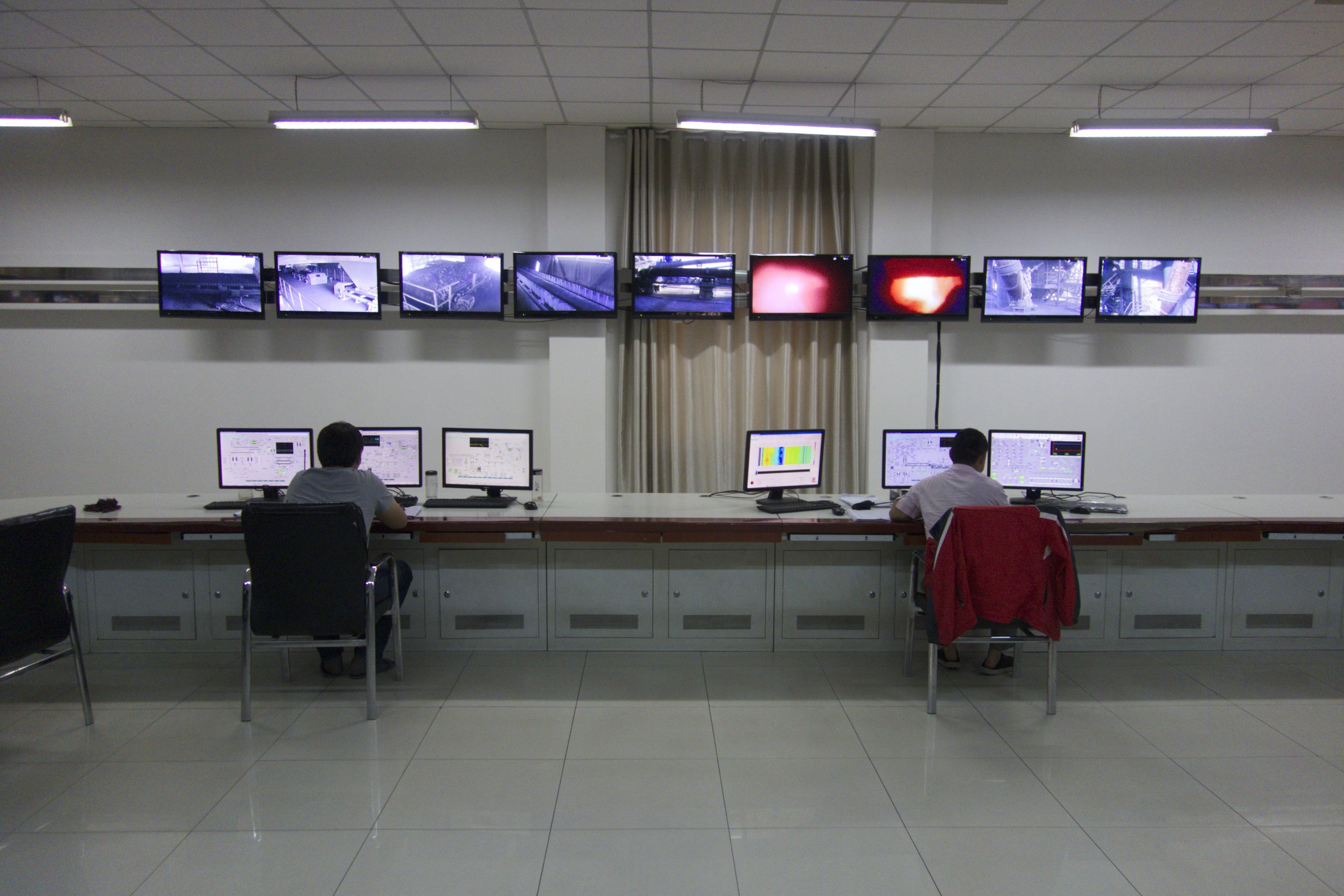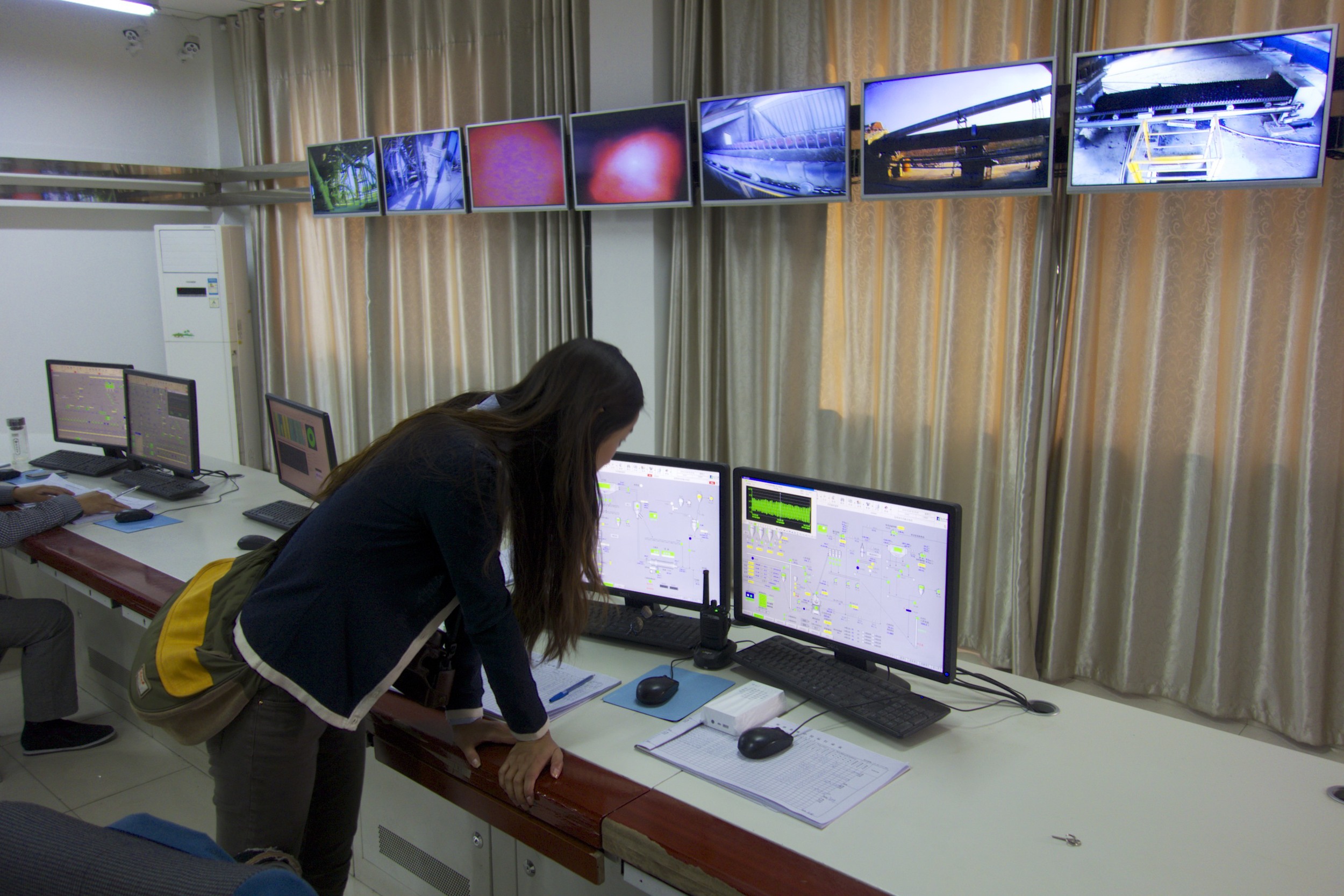Evening view on the Main Building of Mannheim University in the Palace.
After spending the week in Bonn, I gave a talk on the current reforms of Chinese State Owned Enterprises (SOEs) at Mannheim University Business School on Friday, and taught an introductory lecture on “Doing Business in China” for the Mannheim-ESSEC EMBA students over the weekend. The latter brought me to a small place in the beautiful Pfalz region, called Asselheim. There were nice and interesting classroom discussions, as the students were experienced and many of them well-travelled. Some though were slightly stunned by how different a realistic view on China is from a romantic one. I tried not to touch on the pseudo-cultural propaganda which they might have heard in a Confucius Institute, or the burp on “Guanxi” propagated in second grade management literature. Instead I told them, what my insights are and how things work (or don’t). Hope this provided them a short cut and helps practically.
Now is the Sunday of the Second Advent, and Christmas is approaching together with North-Eastern winds. So, the chances of getting a white Christmas are getting higher.














